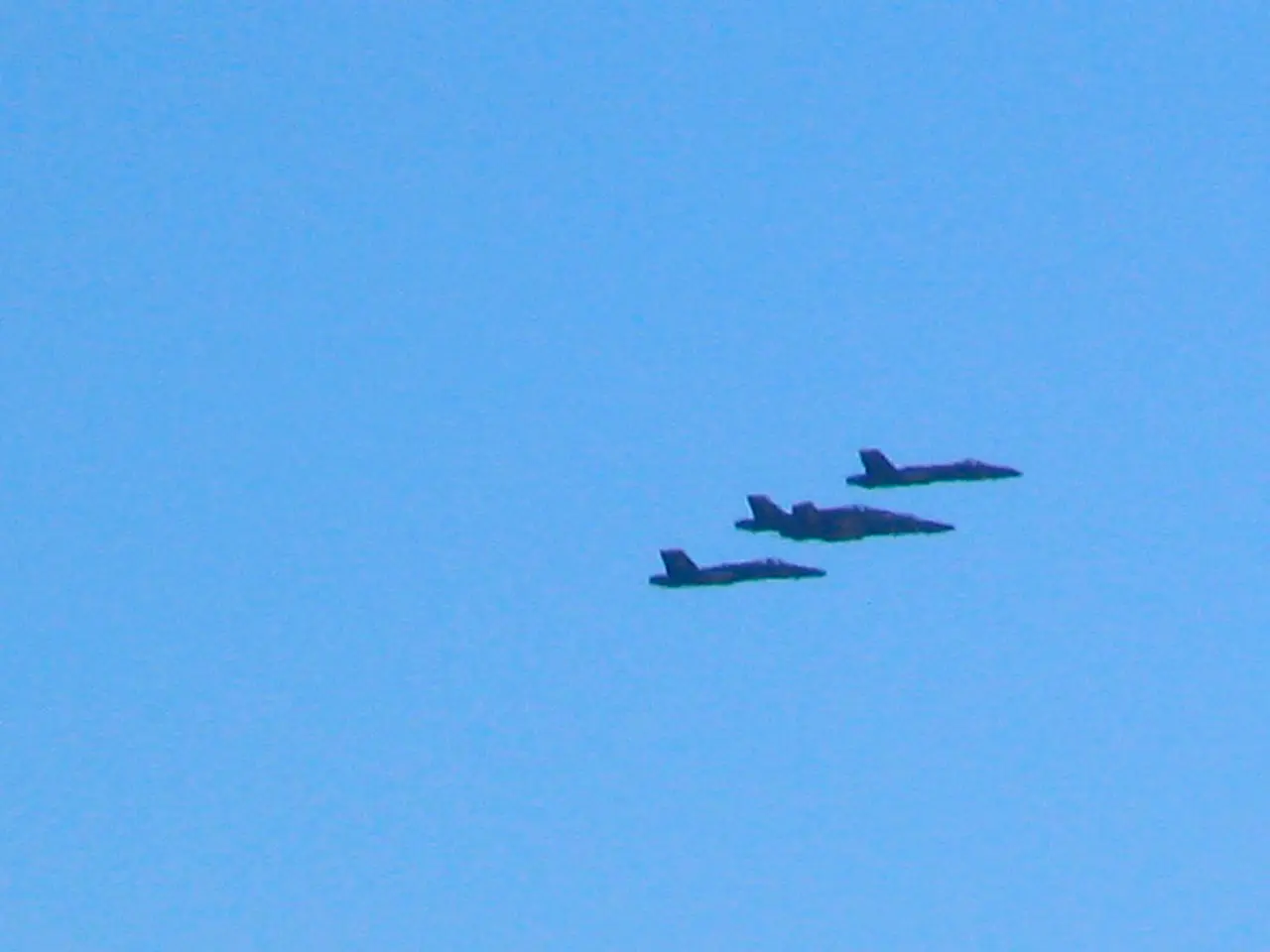Federal Office of Civil Aviation, or FOCA, is a government department responsible for overseeing and regulating the operations of civil aviation in the country.
The Federal Office of Civil Aviation (FOCA) is Switzerland's national authority responsible for regulating drone operations, ensuring safe and controlled integration of these devices into the country's airspace.
To achieve this, FOCA implements a series of measures aimed at registration, licensing, flight restrictions, and risk assessments.
Registration and Licensing
Most drone operators in Switzerland are required to register with FOCA through an online portal called UAS.gate/dLIS. All drones equipped with cameras or weighing 250 grams or more must be registered to receive an Operator ID, which must be visibly displayed on the drone. This registration process allows FOCA to track operators and enforce regulations.
Flight Restrictions
FOCA imposes various flight restrictions to maintain safety. These include altitude limits (typically a maximum of 120 meters), prohibitions on flying near airports, and restrictions on flights over people, traffic, or dense urban areas without special permission.
Alignment with European Rules
Switzerland has aligned its drone regulations with the European Union Aviation Safety Agency (EASA) standards, but FOCA maintains its own operator registration and certification processes. Pilots from outside the EU/EEA flying in Switzerland must comply with FOCA’s registration and certification procedures separately from EASA.
Risk Assessments for Higher-Risk Operations
For drone operations that do not fall under standard scenarios or predefined risk assessments, operators must submit an application to FOCA using the Specific Operations Risk Assessment (SORA) method. This evaluates the risks and necessary safety mitigations for the drone operation and is required for higher complexity or non-standard flights.
Other Regulatory Details
There is an administrative fee for registration (around CHF 10), and operators must create an account with the Swiss CH-Login system. Non-compliance, such as flying unregistered or unmarked drones, can lead to fines.
Promoting Drone Innovation
Beyond regulation, FOCA also enables innovators to trial advanced concepts under real-world conditions through pilot programs and controlled test corridors. This approach allows Switzerland to remain at the forefront of commercial drone integration, as demonstrated by its status as one of the most advanced drone ecosystems in the world.
In conclusion, FOCA regulates drone operations in Switzerland through a framework of registration, operator identification, flight limits, risk assessments, and harmonization with EASA rules, ensuring safe and controlled integration of drones into Swiss airspace. Drone pilots and companies operating in Switzerland must follow FOCA guidelines to legally conduct flights, especially for commercial or beyond visual line of sight (BVLOS) operations. FOCA's functions include regulation and oversight, certification, airspace management, and safety promotion.
Technology plays a crucial role in facilitating data-and-cloud-computing for drone operations in Switzerland, as the Federal Office of Civil Aviation (FOCA) uses an online portal called UAS.gate/dLIS for registration, where operators can create accounts with the Swiss CH-Login system.
To maintain safety, FOCA leverages technology for various regulatory purposes, such as tracking operators and enforcing regulations through data collected online, identifying registered drones with Operator IDs, and assessing risks for higher-complexity flights using the Specific Operations Risk Assessment (SORA) method.




